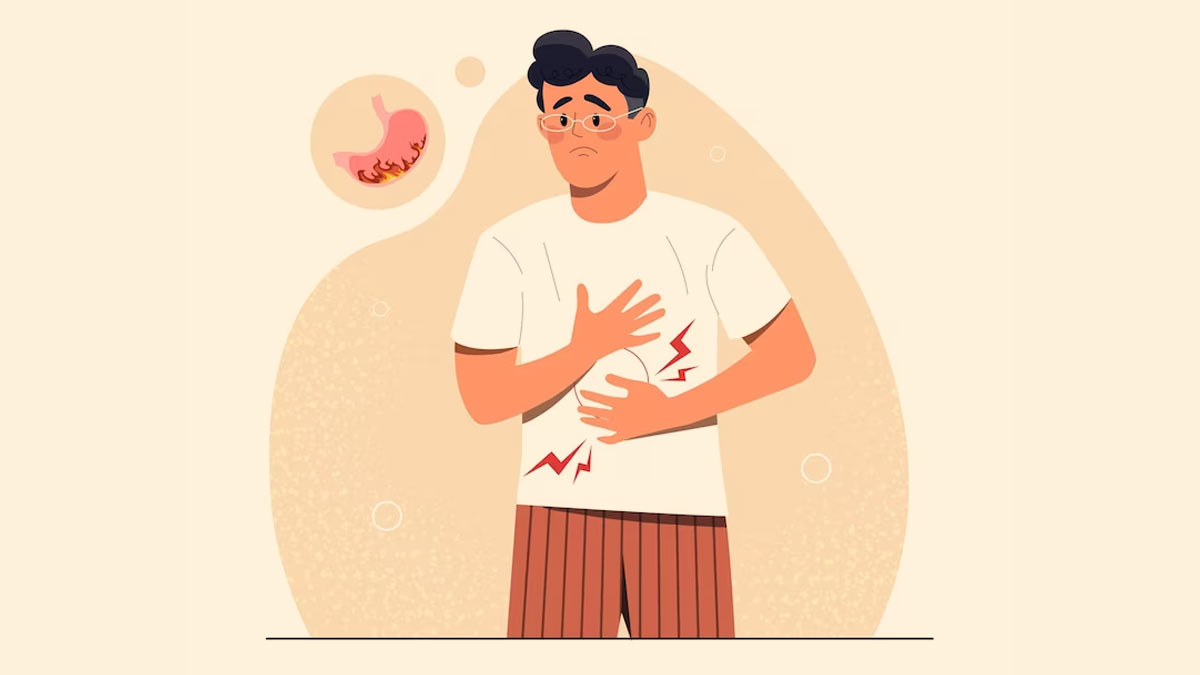
A loss of appetite can be a temporary issue that may be influenced by factors such as stress, mood, or minor illnesses. However, when this lack of desire to eat persists or is accompanied by other symptoms, it may indicate a more serious underlying condition. Recognising when a loss of appetite warrants concern and professional consultation can help in addressing potential health issues early on.
Table of Content:-
Common Causes of Loss of Appetite
There are various possible reasons for a decrease of appetite. It can happen all at once or over time. If you lose your appetite for more than a week, it is usually cause for concern.

Emotional Factors
Stress, anxiety, and depression can significantly impact your desire to eat by affecting your mood and overall interest in food.
Also read: 5 Foods That Can Act As Natural Appetite Suppressants
Illnesses
Short-term viral or bacterial infections often lead to a temporary decrease in appetite. Certain medications, including antibiotics and chemotherapy drugs, can cause a reduction in appetite as a side effect.
Lifestyle Factors
According to American Journal of Lifestyle Medicine, extreme fatigue, lack of physical activity, or changes in routine can influence eating patterns.
When Loss of Appetite May Indicate Something Serious
Prolonged Duration
A loss of appetite that lasts more than a few days without an obvious cause should be evaluated.
Accompanying Symptoms
If the loss of appetite is accompanied by symptoms such as unexplained weight loss, fatigue, fever, or pain, it may signal underlying medical conditions.
Digestive Issues
Persistent digestive problems, such as nausea, vomiting, diarrhoea, or constipation, when paired with a loss of appetite, could indicate gastrointestinal disorders.
Mental Health Concerns
A significant decrease in appetite can be a symptom of mental health issues, including depression and anxiety disorders.
Chronic Diseases
Conditions like diabetes, heart disease, liver disease, and kidney failure can affect appetite and nutrition intake.

Seeking Professional Help
Consult With A Doctor
If you're experiencing a persistent loss of appetite, especially with additional worrying symptoms, it's crucial to consult a doctor for a thorough evaluation.
Diagnostic Tests
Your doctor may recommend blood tests, imaging studies, or other diagnostic tests to determine the underlying cause of your loss of appetite.
Treatment Plans
Depending on the diagnosis, treatment may involve addressing the underlying condition, dietary modifications, nutritional supplements, or counselling for emotional and mental health support.
Also read: 4 Ways To Increase Your Appetite During Summers
Managing Loss of Appetite at Home
You can follow the methods which will help you managing loss of appetite at home:
- Small, Nutrient-Dense Meals: Opt for small, frequent meals packed with nutrients to ensure you're receiving adequate nutrition.
- Hydration: Ensure you're drinking enough fluids, as dehydration can also affect your appetite.
- Gentle Exercise: Light physical activity can stimulate appetite and improve overall well-being.
- Stress Management: Engage in stress-reduction techniques such as mindfulness, meditation, or gentle yoga.
While a momentary decrease of appetite is usually not cause for alarm, chronic or severe changes in eating patterns should be regarded seriously.
The various causes and knowing when it's time to seek expert counsel will help you address any underlying concerns as soon as possible. Remember that addressing your health and dietary requirements is critical for sustaining both physical and mental well-being.
Also watch this video
How we keep this article up to date:
We work with experts and keep a close eye on the latest in health and wellness. Whenever there is a new research or helpful information, we update our articles with accurate and useful advice.
Current Version